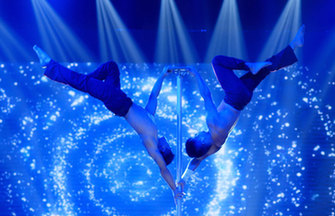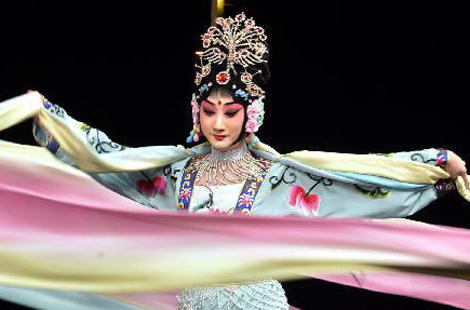Voices in the dark
By Wang Ying ( Shanghai Star ) Updated: 2014-08-22 04:01:07
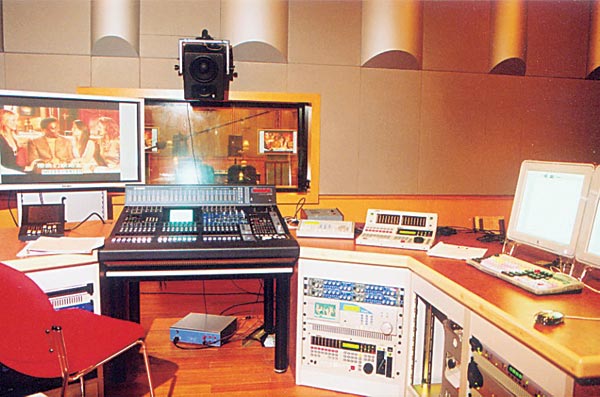 |
|
Sight and sound: The former site of the Shanghai Film Dubbing Studio on Yongjia Road; some of its current dubbing equipment. Photos provided to Shanghai Star |
 |
| Transformers land in Beijing exhibit |
 |
| History vs fantasy in absurd TV serials |
"In 2006, voice dubbing regained its popularity in films such as the Da Vinci Code and Garfield," he says.
According to Liu, China still has a vast number of audiences in rural and less-developed areas who would prefer to watch a film that has been dubbed. He says between 60 and 80 percent of people in second- and third-tier cities, and an even higher percentage in other areas, prefer dubbed movies because of language barriers and an unwillingness to read subtitles.
The country's exploding box-office sales are also encouraging.
Official box-office takings reached 21.8 billion yuan ($ 3.55 billion) in the Chinese mainland market in 2013 and that number is expected to exceed 29 billion yuan this year.
"China's accelerating urbanization means smaller cities will generate more frequent cinema-goers, and we will exploit this potential with our dubbed films."
Liu dismisses the notion that dubbing is an outdated post-production process, pointing out that it is still popular in countries such as France, Italy, Turkey, Japan and South Korea.
In Japan, many people will watch an animated movie simply because they like a particular voice actor. Liu says his studio hopes to emulate this in China one day.
The Shanghai Film Dubbing Studio currently does work for about 30 foreign films shown in cinemas each year, as well as about 100 foreign movies shown on Chinese television.
|
|
|
|
|
|
|
|



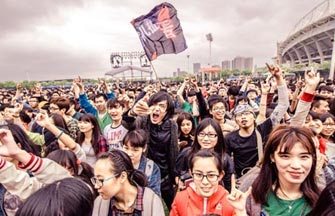

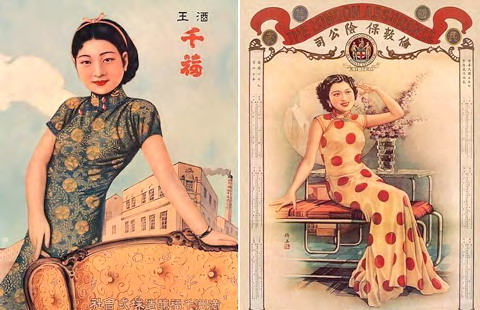
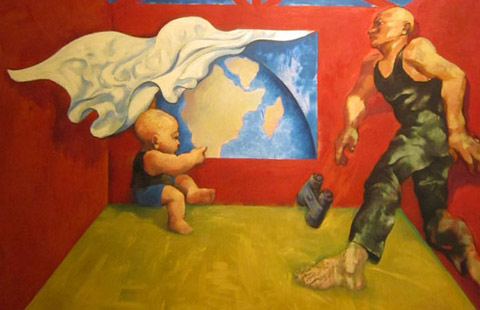

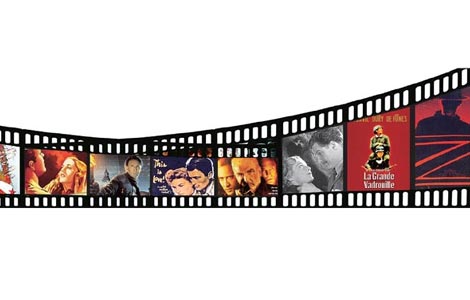
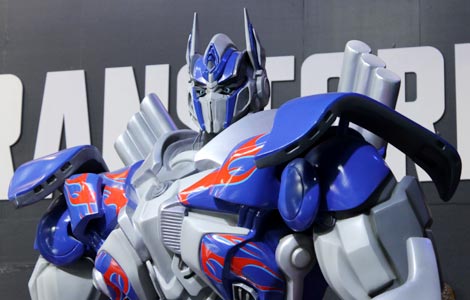













 Raymond Zhou:
Raymond Zhou: Pauline D Loh:
Pauline D Loh: Hot Pot
Hot Pot Eco China
Eco China China Dream
China Dream China Face
China Face
